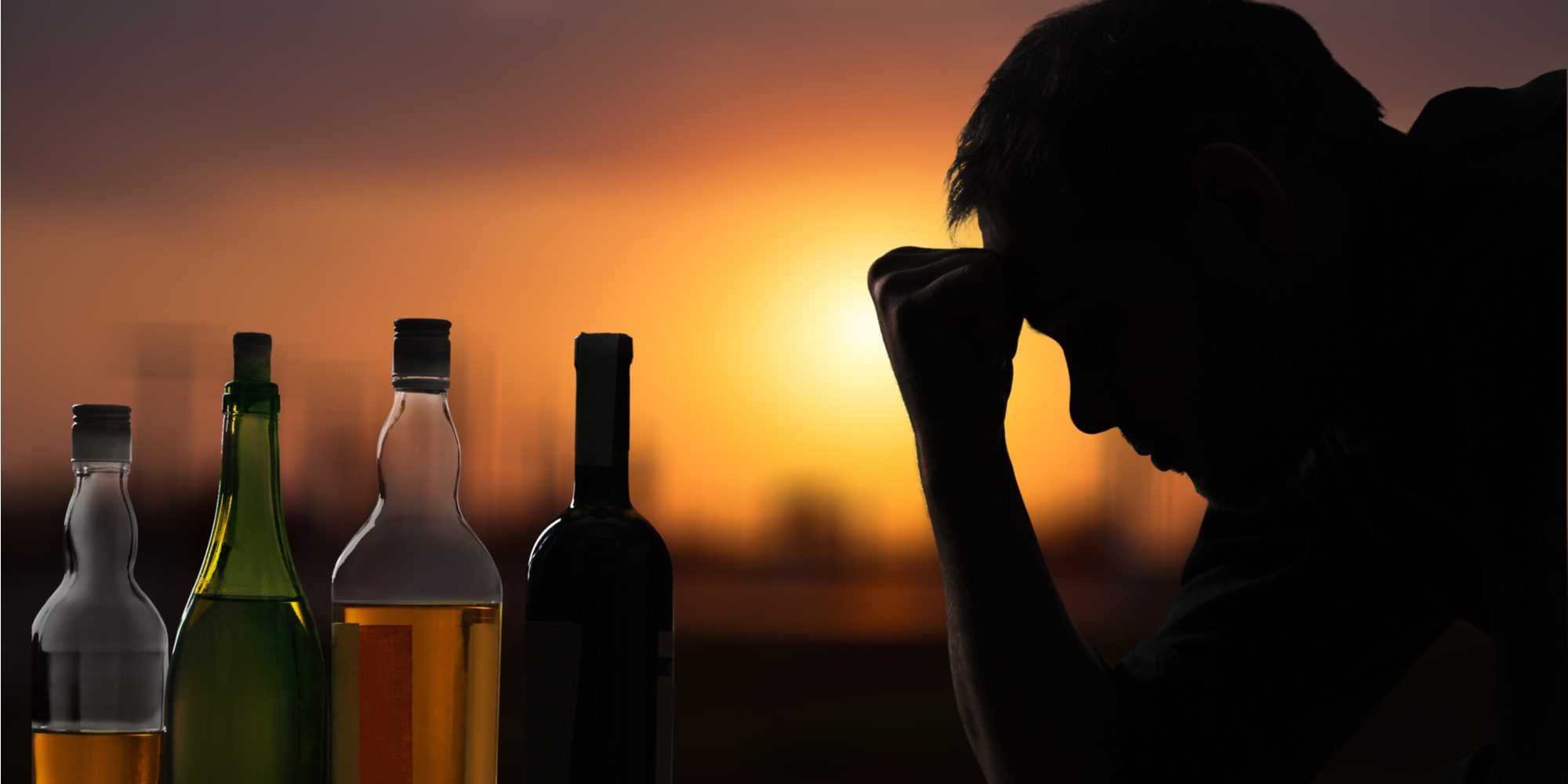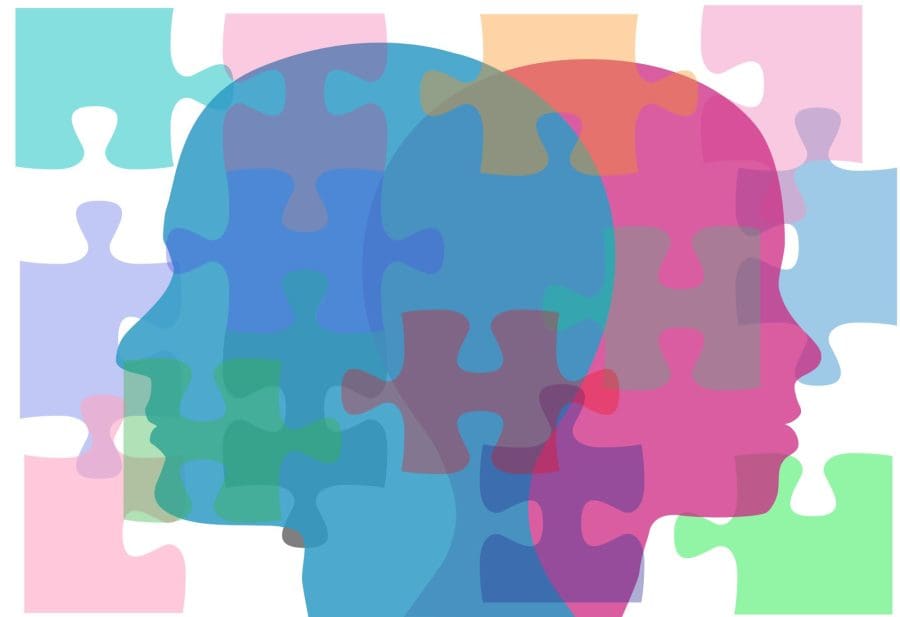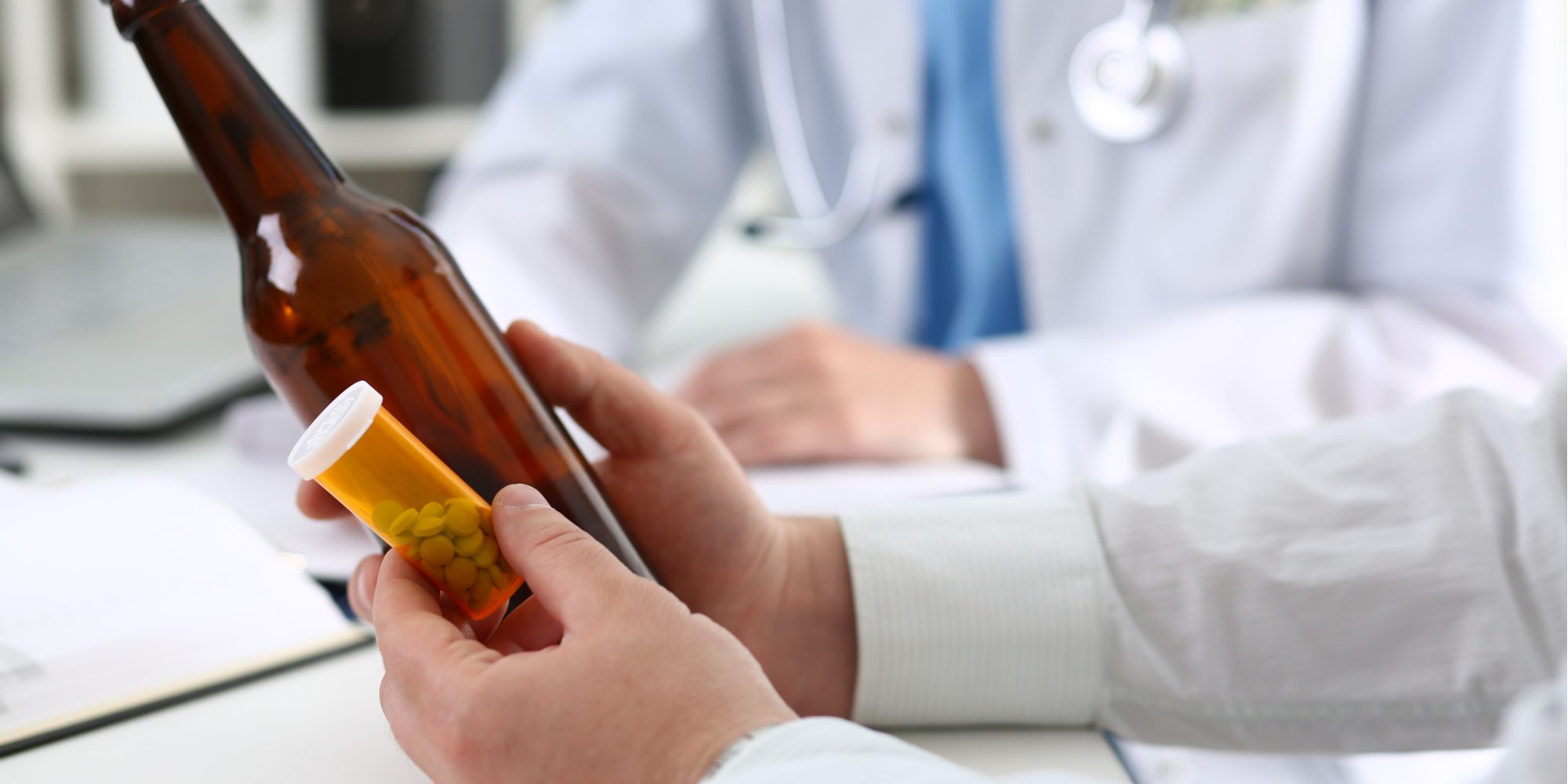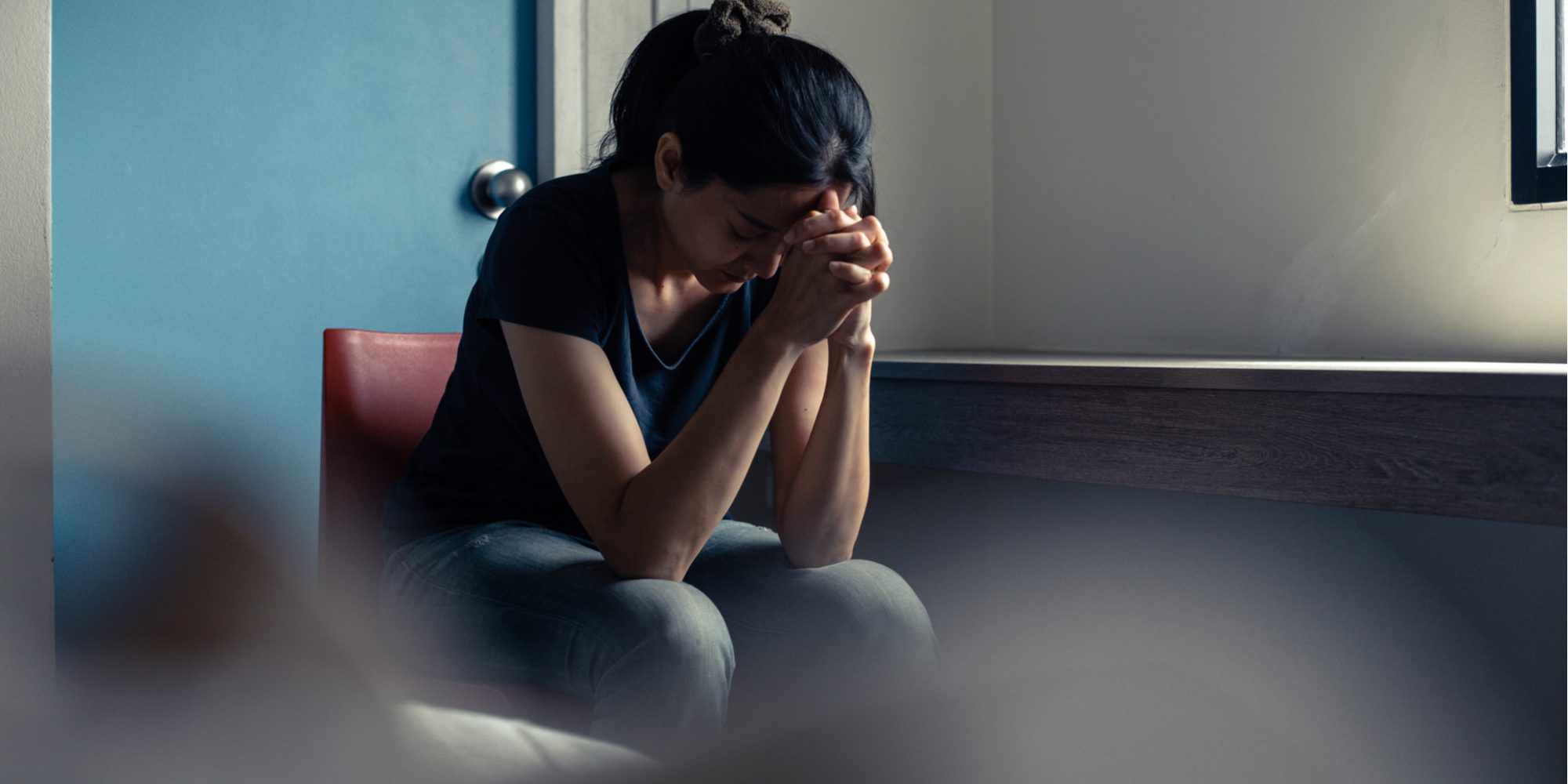Alcohol use affects everyone differently. However, depression after drinking alcohol is a common phenomenon for those who drink regularly. This is because of the effect that alcohol has on the brain, which can contribute to or worsen feelings of anxiety and sadness. While some can experience this after only one drink, for many it’s a sign of heavy alcohol use.
Drinking alcohol alleviates a lot of problems for a lot of people. From social anxiety to stress relief, alcoholic beverages have become a solution. However, this solution is short-term. Once the effects of alcohol have worn off, a person is left with unbalanced brain chemistry that contributes to feelings of lowness. Therefore, if you’re regularly drinking alcohol, depression the next day is not out of the norm.
Contents
Alcohol and Brain Chemistry
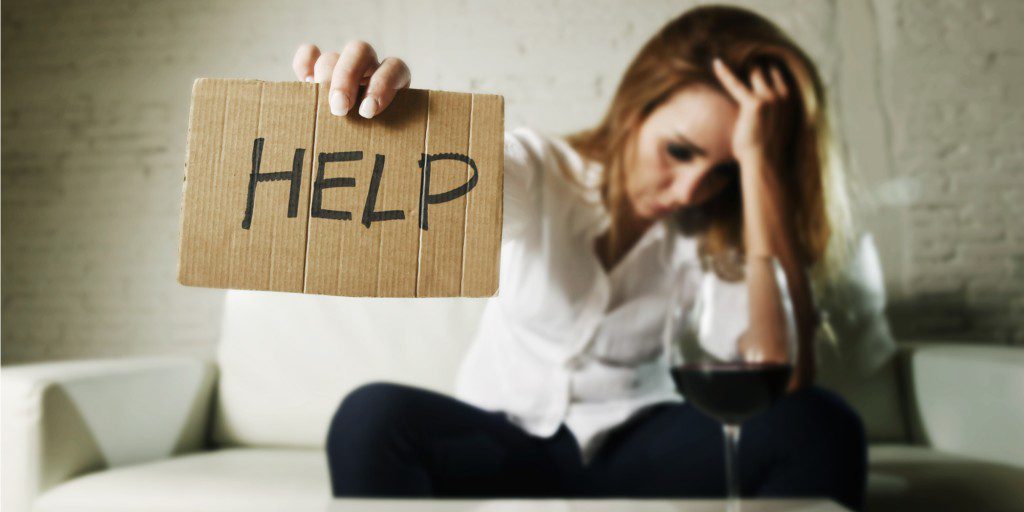
Alcohol has immediate and long-term effects on a person’s brain chemistry. The immediate impact of alcohol use usually feels positive. This is due to the flood of “feel-good” neurochemicals that alcohol releases, like dopamine, GABA, and various endorphins. This chemical cocktail elevates mood and promotes relaxation, at least at first.
Over time, the more frequently alcohol is used, the more diluted these effects become. This means that regular drinkers don’t get as much of the feel-good rush, and many increase the amount they’re drinking while trying to regain it. Chasing this alcohol buzz is part of what leads to pronounced negative effects, like depression after drinking.
In regard to long-term effects, when the brain is continuously exposed to alcohol, it accommodates alcohol’s effects by altering brain chemistry. For example, because alcohol increases dopamine and GABA, the brain will produce less of these chemicals to make up for alcohol’s presence. Therefore, when alcohol is not in the body, a person is left with lower levels of these important neurochemicals. And when alcohol is stopped completely, anxiety and depression after drinking can be long-lasting until the brain repairs itself.
Other Reasons Why You Feel Depression After Drinking
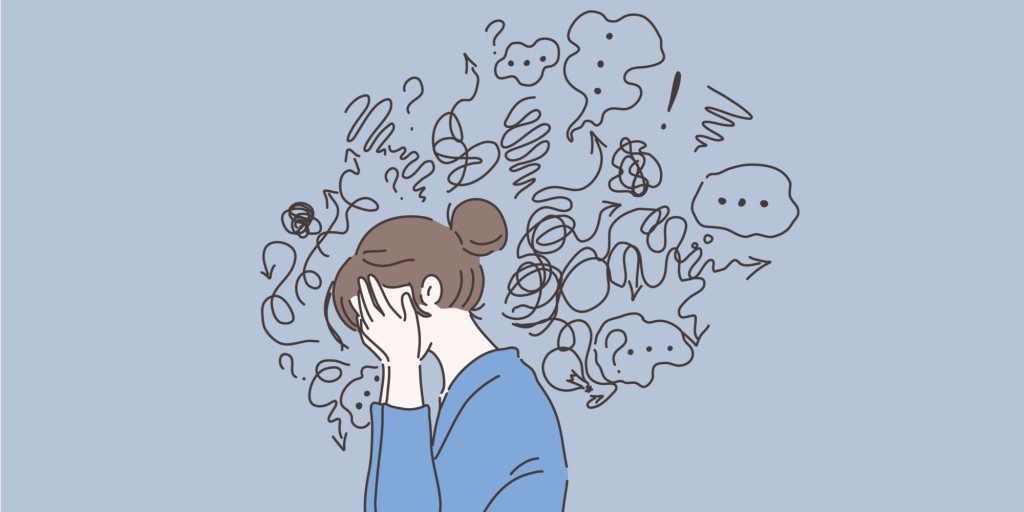
One reason you feel depressed after drinking is because alcohol alters the brain’s chemistry leading to lowered moods. However, there are other reasons that people report feeling depressed after drinking. A few of these are listed below.
Alcohol strengthens emotions.
If you’re already depressed, irritated, or anxious, alcohol can worsen these feelings. In fact, anxiety and depression days after binge drinking are not unusual. In these cases, an attempt to unwind results in a meltdown of negative emotions which compounds the depression after drinking alcohol effect.
Drinking alcohol deprives you of quality sleep.
Quality sleep is one of the most important components of well-being. In fact, a lack of sleep alone is linked to depression. Drinking alcohol might help you fall asleep faster, but it also disrupts REM sleep, which is when the body repairs and recharges the most. This is why it’s common to feel tired after drinking, despite a full night’s sleep.
Using alcohol for support creates a cycle of unhealthy coping mechanisms.
Regularly using alcohol as an emotional crutch will lead to a tolerance to alcohol’s effects and encourage heavier drinking. This cycle can lead to dependence and addiction, both of which are related to a decline in mental health.
To avoid feeling depressed after drinking, minimize drinking occasions and alcohol intake. If you’re going to drink, make sure to eat a meal and drink water while drinking, which will lessen the impact alcohol has on your body.
Depression After Quitting Drinking
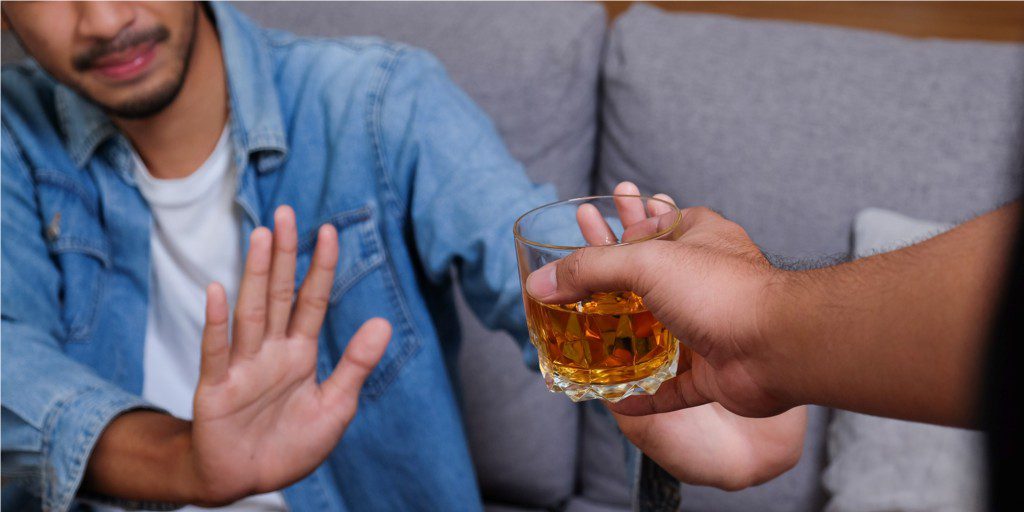
Anxiety and depression can also surface after someone has quit drinking for good. This is again attributable to the brain’s attempt to accommodate for alcohol’s presence by altering brain chemistry. After artificially increasing dopamine, serotonin, and other rewarding brain chemicals with alcohol use, it makes sense that the absence of alcohol would translate to feelings of lowness. However, the brain is powerful and to some extent, it can repair itself. Patience is key and finding a mental health counselor who can walk you through the big emotions of alcohol recovery is highly recommended.
When Depression Is More than Alcohol’s Effects
Feeling down after drinking alcohol is a real side effect of alcohol use. However, sometimes a true depressive disorder is to blame. In these cases, alcohol only worsens the problem. If you have been experiencing any of the following symptoms for a few weeks or longer, you may be clinically depressed:
- Reduced energy
- Sleep problems
- Changes in appetite
- Disinterest in previously enjoyed activities
- Feelings of hopelessness
- Thoughts of self-harm or suicide
If you have any of these symptoms, rest assured depression is very common and can affect anyone. However, most depression does not usually subside on its own. Luckily, depressive disorders do respond well to treatment.
If alcohol abuse is also a concern, whether drinking is used as a coping mechanism or is a true addiction, mental health treatment can help with this as well. In fact, depression after drinking alcohol can be broken down and treated together in a dual diagnosis program.
Dual Diagnosis in Baton Rouge, Louisiana
Historically, depression rates in Louisiana have been higher than the national average and treatment is not a one size fits all process. At Baton Rouge Behavioral Hospital, we are an accredited mental health facility prepared to treat mental health conditions and substance abuse together depending on your unique situation. Common treatment modalities for depression and alcohol use include psychotherapy, medication, lifestyle changes, or a combination of techniques. If needed, we also offer drug and alcohol detox.
Our Louisiana behavioral hospital also offers the following programs:
- Detox
- Inpatient Adult Psychiatric Programs
- Outpatient Adult Psychiatric Programs
- Crisis Stabilization Services
To learn more about our mental health treatment options contact us at 225-300-8470 or by using our confidential online form, many times we can get you admitted as soon as today. At Baton Rouge Behavioral Hospital we want you to know that you do not have to live with depression.

